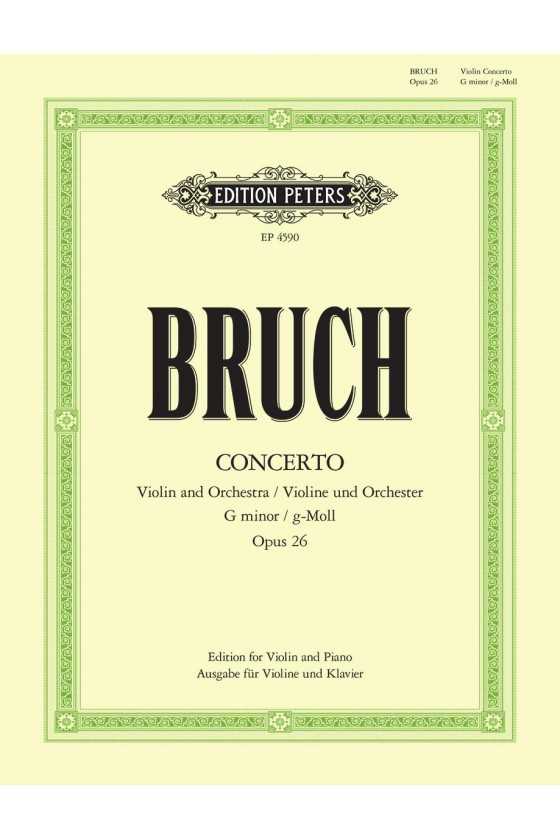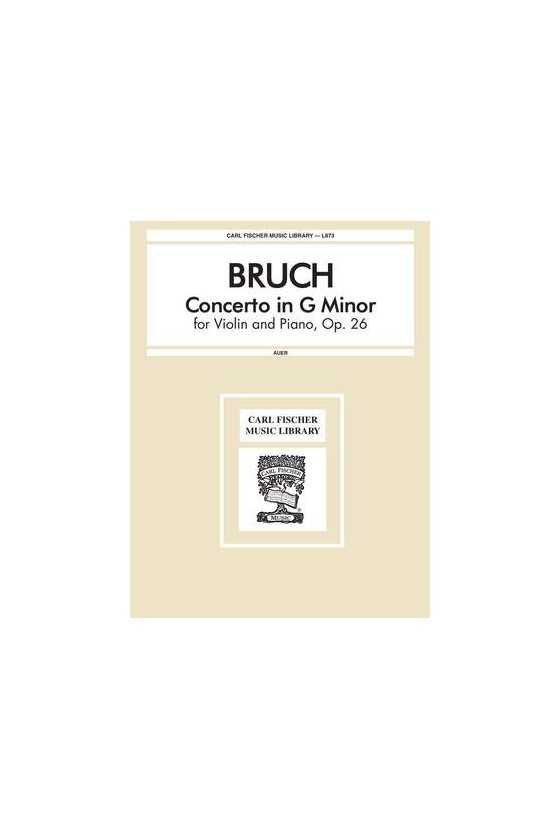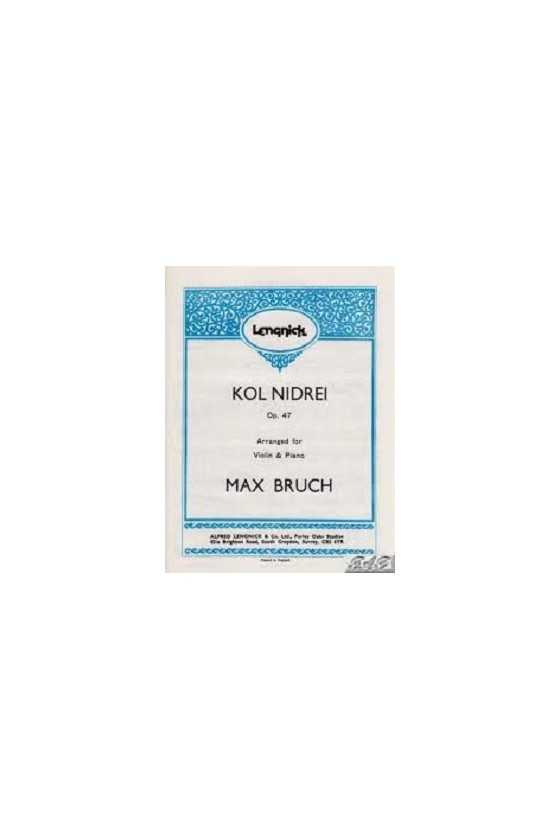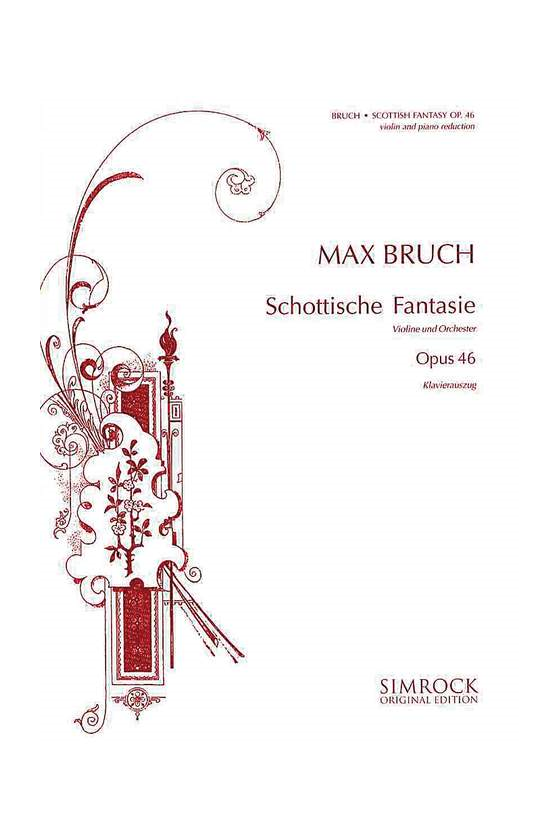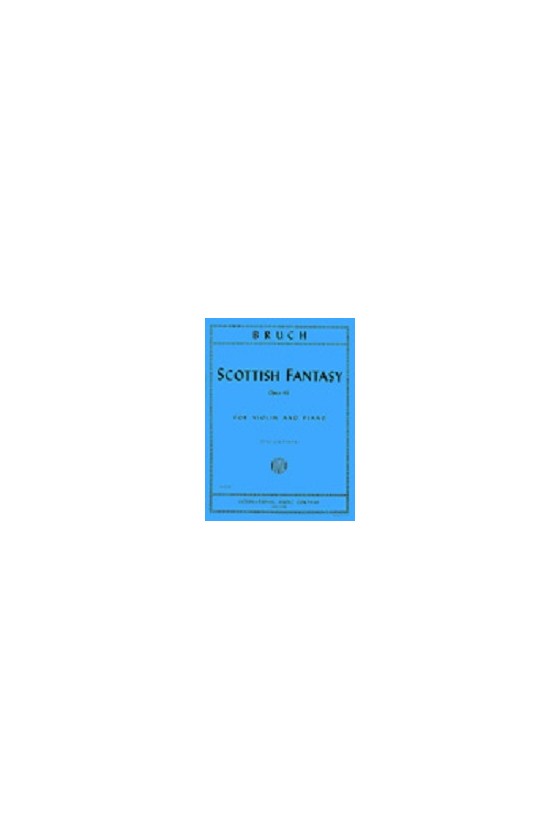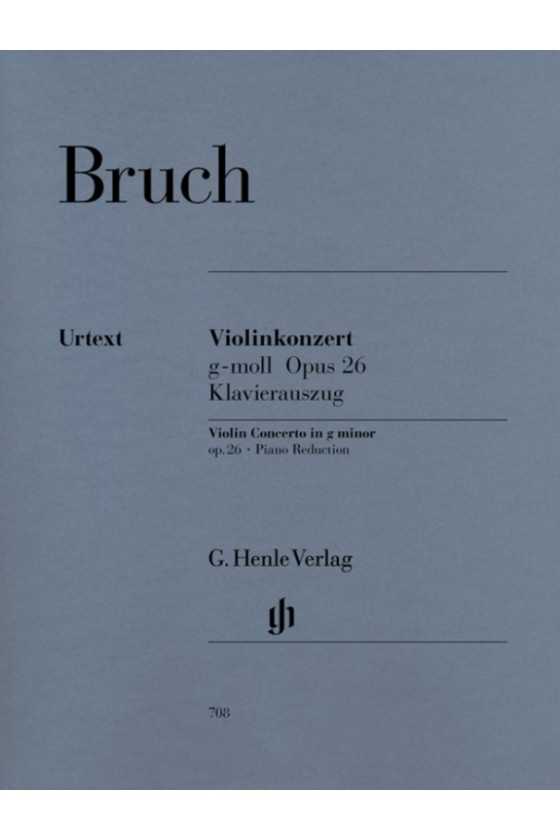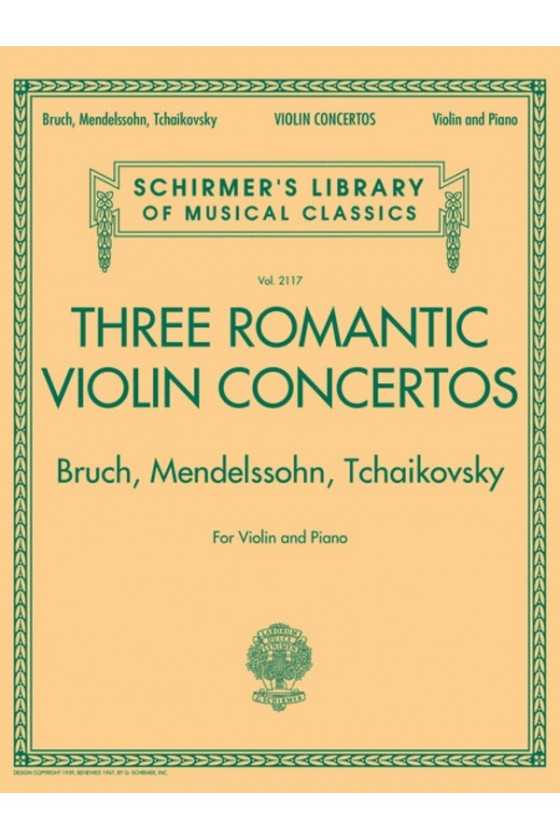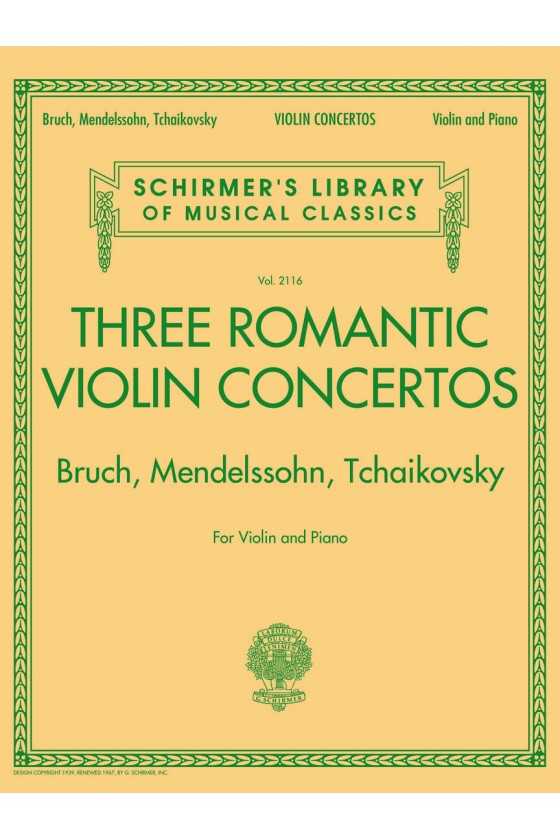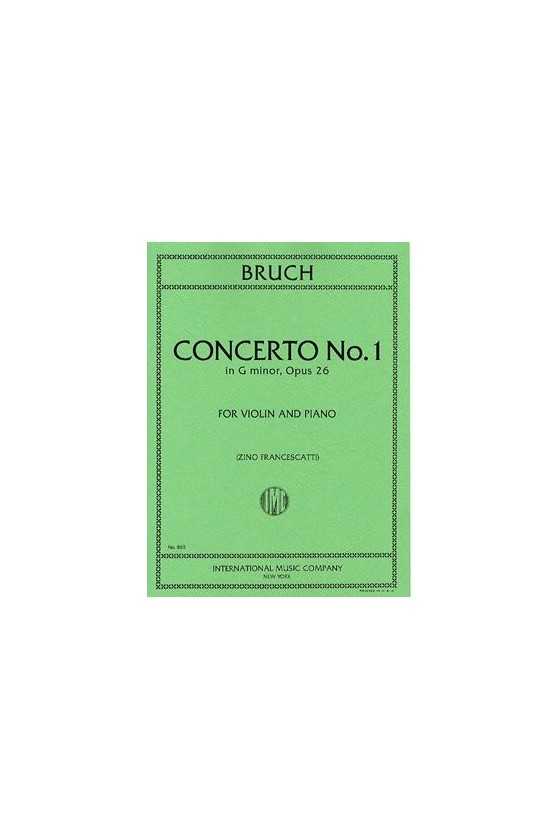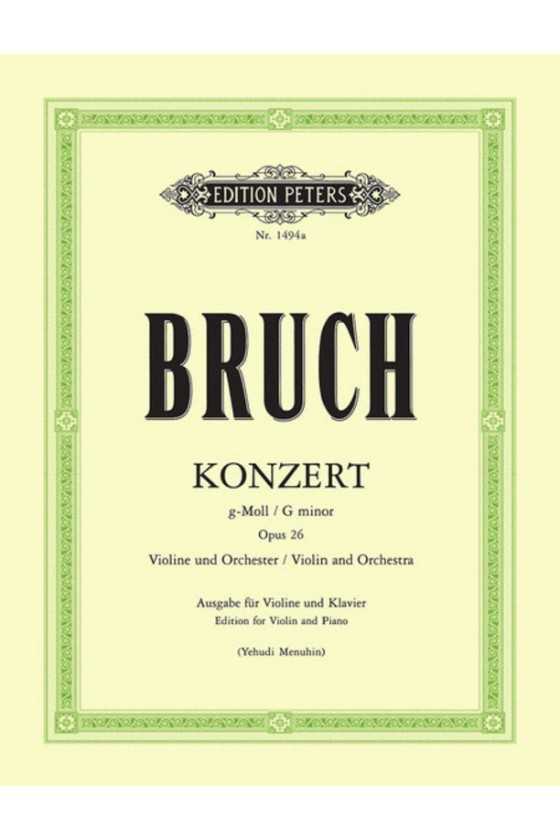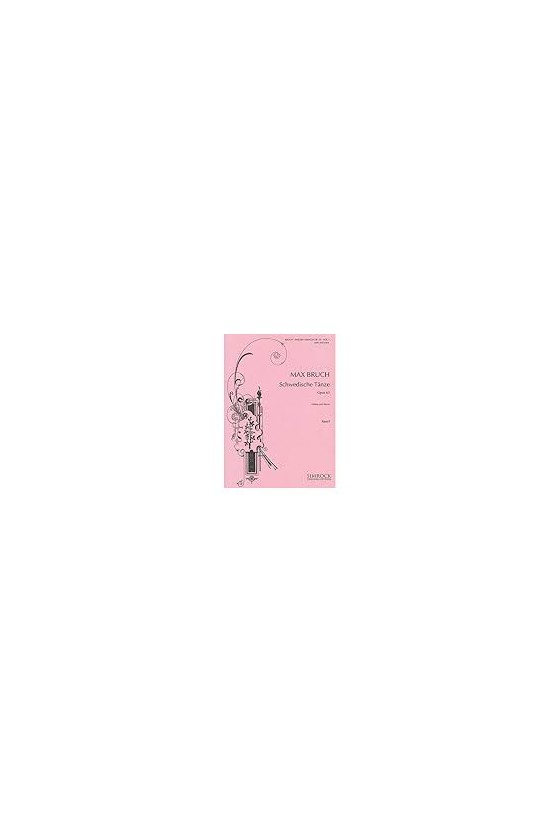Bruch, Max
Max Bruch, born on January 6, 1838, in Cologne, Germany, was a highly esteemed composer, conductor, and teacher of the Romantic era. Throughout his prolific career, spanning over six decades, Bruch composed over 200 pieces, including three violin concertos, which solidified his place in the violin repertoire. Despite being overshadowed by his friend Johannes Brahms during his lifetime, Bruch's works continue to captivate audiences with their intricate structure and emotional depth.
Early Life and Education
Max Bruch was born into a Protestant family in Cologne, Germany. His musical talent became apparent at a young age, and he received his initial music education from his mother, a pianist. Bruch's passion for music led him to pursue formal training at the Cologne Conservatory, where he studied composition and piano. Under the guidance of Ferdinand Hiller, Bruch honed his skills and developed a deep appreciation for the German Romantic musical tradition.
Musical Career and Achievements
Mannheim and Koblenz Years (1862-1867)
After completing his studies, Bruch embarked on a career as a conductor and composer. He held various positions in different German cities, including Mannheim and Koblenz. During his time in Mannheim from 1862 to 1864, Bruch served as the court conductor and composed numerous choral works. His compositions began to gain recognition, and his reputation as a talented composer started to flourish.
In Koblenz, where Bruch worked from 1865 to 1867, he continued to compose and conduct. It was during this period that he wrote his first violin concerto, which would later become one of his most renowned works. Bruch's time in Koblenz marked a significant turning point in his career, as his compositions began to reflect a more mature and refined style.
Sondershausen and Berlin Years (1867-1872)
Bruch's next musical endeavor took him to Sondershausen, where he served as the court conductor from 1867 to 1870. During this period, he composed a variety of orchestral works and further solidified his reputation as a skilled composer. In 1870, Bruch moved to Berlin, where he continued to compose and conduct, further establishing himself as a respected figure in the German music scene.
Liverpool Philharmonic Society Conductor (1880-1883)
One of the highlights of Bruch's career was his tenure as the conductor of the Liverpool Philharmonic Society from 1880 to 1883. During this time, he led the orchestra in numerous performances, showcasing his exceptional conducting skills. It was during his time in Liverpool that Bruch composed his Scottish Fantasy for violin and orchestra, a work that incorporated the traditional Scottish tune "Hey Tuttie Tatie."
Academic Contributions and Later Years
In 1890, Bruch accepted a position as a professor of composition at the Berlin Hochschule fur Musik, further solidifying his status as an esteemed educator. He mentored several notable students, including Clara Mathilda Faisst, a pianist, composer, and writer. Bruch's dedication to teaching and his profound understanding of composition greatly influenced his students, who carried forward his musical legacy.
As Bruch entered the 20th century, his music faced challenges due to political circumstances. The rise of the National Socialist Party in Germany from 1933 to 1945 led to restrictions on the performance of his music, as he was falsely labeled a "potential Jew" for writing pieces with Jewish themes. Despite the adversity, Bruch's compositions continued to resonate with audiences outside German-speaking countries.
Notable Works
Violin Concerto No. 1 in G minor, Op. 26
Bruch's Violin Concerto No. 1 in G minor, Op. 26, is undoubtedly one of his most famous and enduring compositions. Written in 1866, it is considered a staple in the violin repertoire. Influenced by Felix Mendelssohn's Violin Concerto in E minor, Bruch's concerto displays a balance between traditional Romanticism and classical structure. Its expressive melodies, virtuosic passages, and rich orchestration have captivated audiences for generations.
Scottish Fantasy and Kol Nidrei
Apart from his renowned violin concerto, Bruch composed two other pieces that continue to receive widespread acclaim. The Scottish Fantasy for violin and orchestra incorporates the traditional Scottish tune "Hey Tuttie Tatie," famously used in Robert Burns' song "Scots Wha Hae." This work showcases Bruch's ability to infuse folk elements into his compositions, creating a unique and evocative musical experience.
Another notable composition by Bruch is Kol Nidrei, Op. 47, for cello and orchestra. Subtitled "Adagio on Hebrew Melodies for Violoncello," this piece draws inspiration from Jewish themes and melodies. Its hauntingly beautiful melodies and introspective nature have made it a cherished work within the cello repertoire.
Chamber Music and Beyond
Although Bruch is primarily known for his orchestral works, he also made significant contributions to chamber music. His "Eight Pieces for Clarinet, Viola, and Piano" are occasionally performed, showcasing his ability to write for unconventional instrument combinations. These trios were composed for his son Max, a clarinetist, reminiscent of Brahms' compositions tailored for specific performers.
Additionally, Bruch composed several other chamber works, including a septet and two string quartets (Op. 41). These early quartets, reminiscent of Robert Schumann's string quartets, highlight Bruch's mastery of form and his ability to convey emotional depth through chamber music. His second piano quintet, completed during his time in Liverpool, showcases his continued growth as a composer.
Legacy and Recognition
Despite facing challenges during his lifetime and in the years that followed, Max Bruch's music continues to be appreciated for its emotional depth, melodic beauty, and structural integrity. His contributions to the German Romantic musical tradition are immeasurable, and his influence can be seen in the works of future composers.
Max Bruch's dedication to music education, his skill as a conductor, and his ability to create timeless compositions have solidified his place in music history. Today, his works continue to be performed and celebrated, ensuring that his legacy lives on for generations to come.
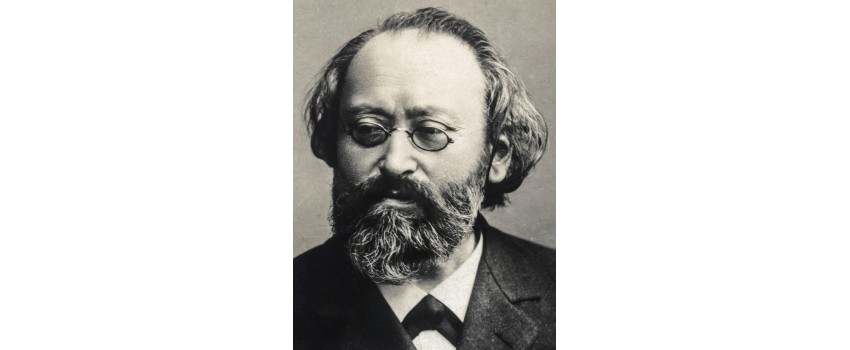
Bruch, Kol Nidrei for Violin Op.47 (Lengnick)
Bruch, Scottish Fantasy for Violin & Piano (Simrock)
Three Romantic Violin Concertos By Bruch, Mendelssohn, And Tchaikovsky (Schirmer)
Schirmer's Library of Musical Classics Vol. 2117 for Violin and Piano.
Bruch, Concerto in G Minor, Op. 26.
Mendelssohn, Concerto in E Minor, Op. 64.
Tchaikovsky, Concerto in D Major, Op. 35.

